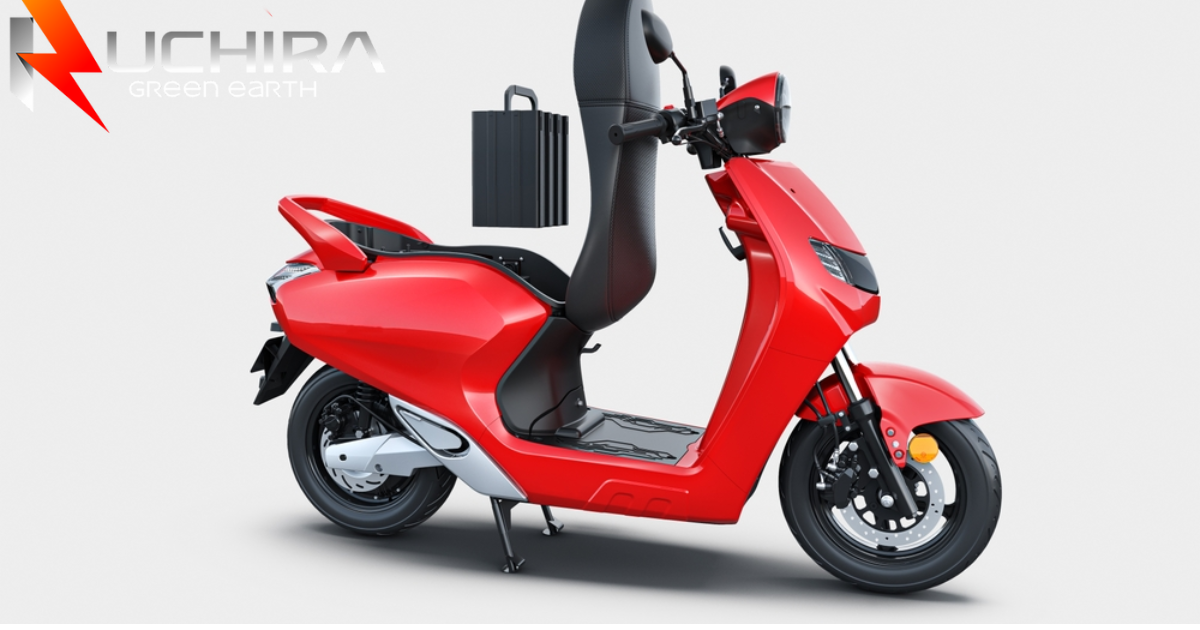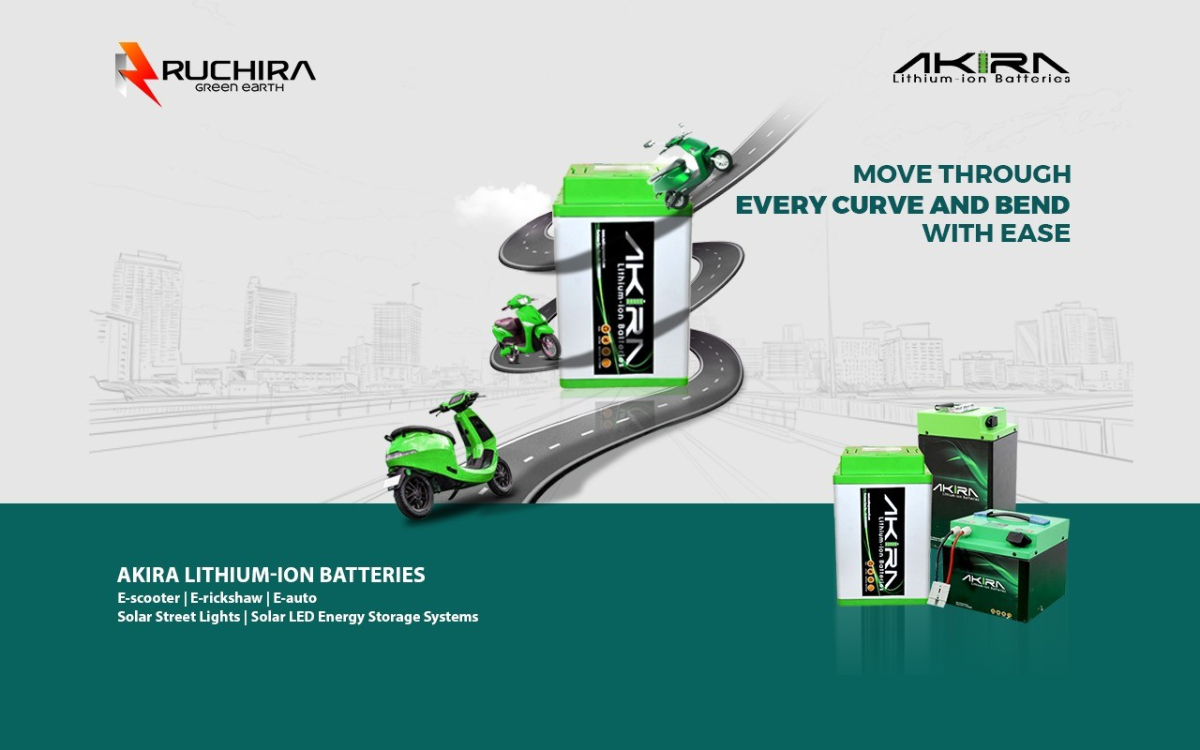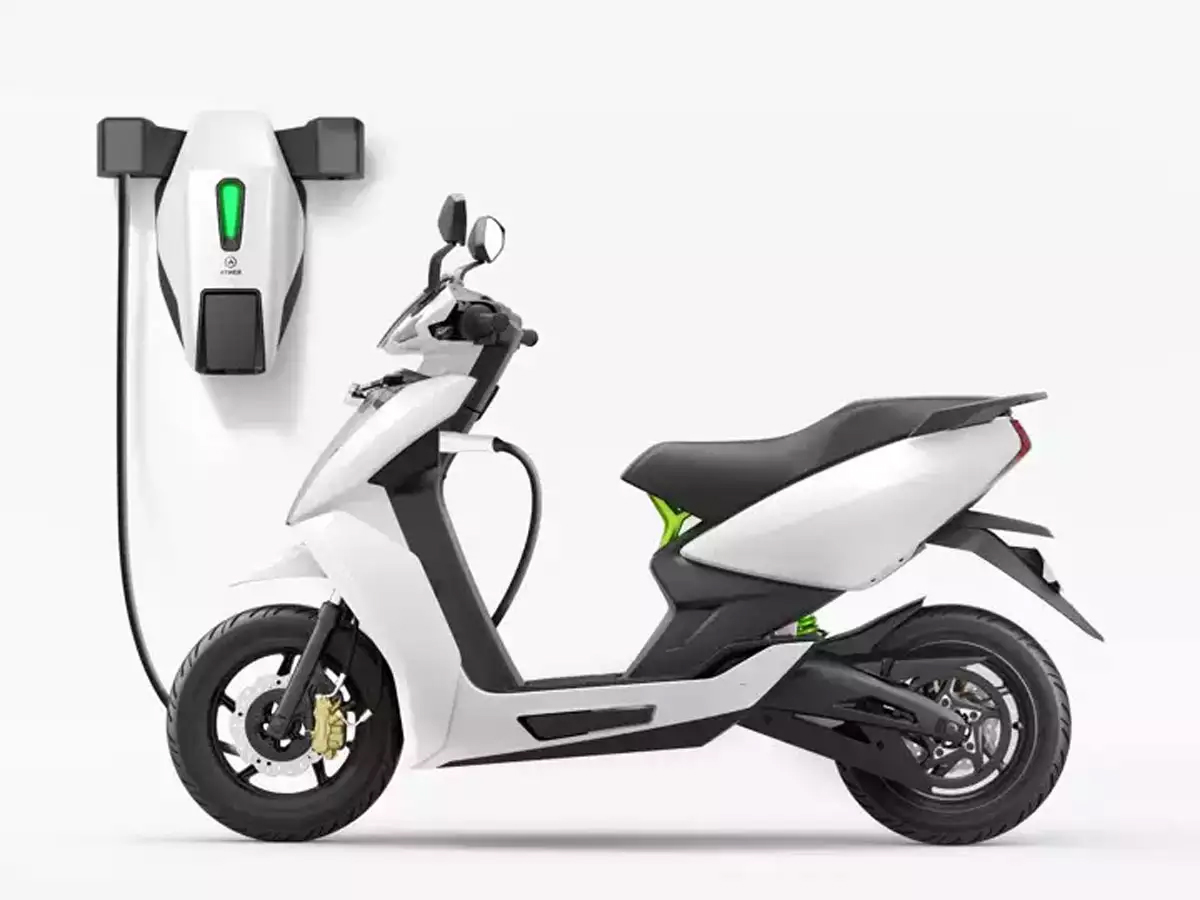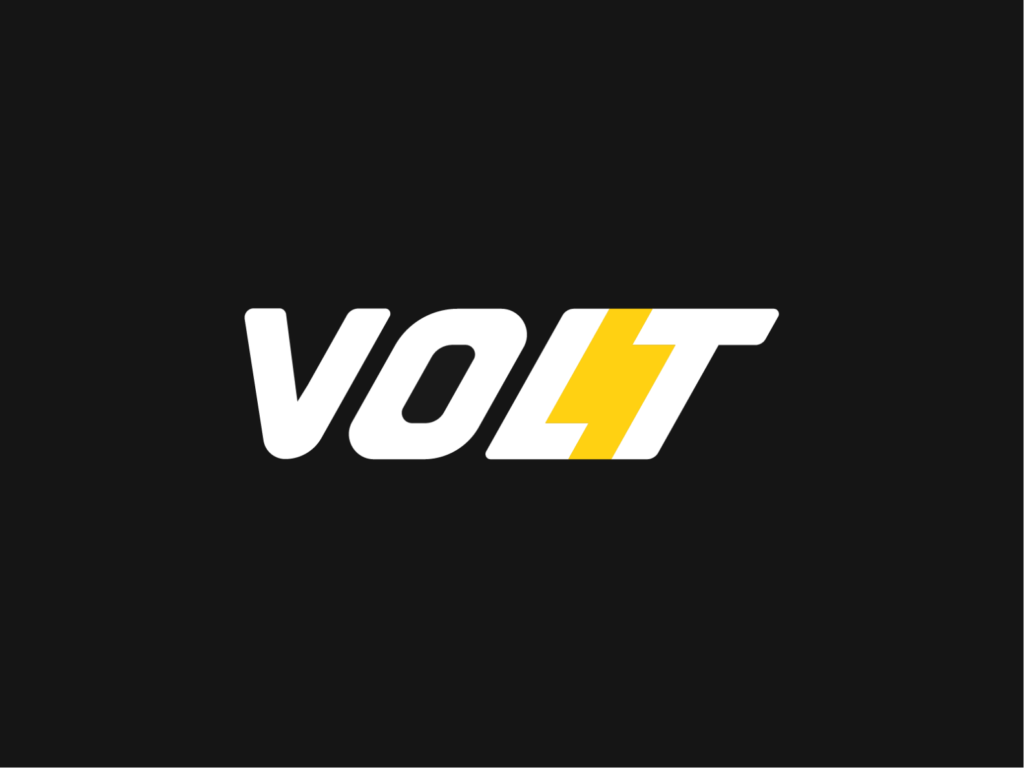As the world embraces sustainable transportation solutions, electric two-wheelers have emerged as a popular choice for eco-conscious commuters. Central to the performance and longevity of these vehicles are their batteries. While traditional lead-acid batteries have been the norm, the shift towards lithium-ion batteries is revolutionizing the electric two-wheeler industry. Here’s why you should consider making the switch and how to do it seamlessly.
Benefits of Lithium-ion Batteries
1. Longer Lifespan:
Lithium-ion batteries typically outlast traditional lead-acid batteries. They can endure more charge-discharge cycles, providing reliable performance over an extended period.
2. Lightweight and Compact:
Lithium-ion batteries weigh much less and are more compact compared to lead-acid batteries. This reduces the overall weight of your electric two-wheeler, enhancing maneuverability and energy efficiency.
3. Fast Charging:
One of the standout features of lithium-ion batteries is their fast charging capability. They can recharge quickly compared to lead-acid batteries, allowing you to get back on the road faster after each charge.
4. Higher Energy Density:
Lithium-ion batteries offer higher energy density, meaning they can store more energy in a smaller volume. This results in improved range per charge for your electric two-wheeler, enhancing its practicality for daily commuting.
How to Switch to Lithium-ion Batteries
1. Evaluate Your Current Battery Setup:
Assess the compatibility of your electric two-wheeler with lithium-ion batteries. Check if your vehicle supports the voltage and charging requirements of lithium-ion technology.
2. Consult a Reliable Battery Provider:
Partner with a reputable battery manufacturer like Akira Batteries, specializing in lithium-ion solutions for electric vehicles. They can guide you on the best battery model suited for your specific two-wheeler.
3. Installation Process:
Once you’ve chosen the right lithium-ion battery, follow the installation guidelines provided by the manufacturer. Ensure the battery is securely fitted and connected to your vehicle’s electrical system.
4. Dispose of Old Batteries Responsibly:
If you’re replacing an old lead-acid battery, dispose of it according to environmental regulations. Many battery manufacturers and recycling centers offer recycling programs to safely dispose of old batteries.
In conclusion, Switching to lithium-ion batteries for your electric two-wheeler offers a multitude of benefits, from longer lifespan and faster charging to enhanced energy efficiency and reduced maintenance. By making this transition, you not only improve the performance of your vehicle but also contribute to a cleaner, greener environment.
Make the switch to lithium-ion technology with Akira Batteries and experience the future of electric mobility. Our range of high-performance lithium-ion batteries is designed to deliver superior reliability, efficiency, and longevity for your electric two-wheeler.
Visit our website or contact Akira Batteries today to explore our innovative battery solutions. Join the sustainable transportation revolution with Akira Batteries – powering your journey towards a greener tomorrow!



